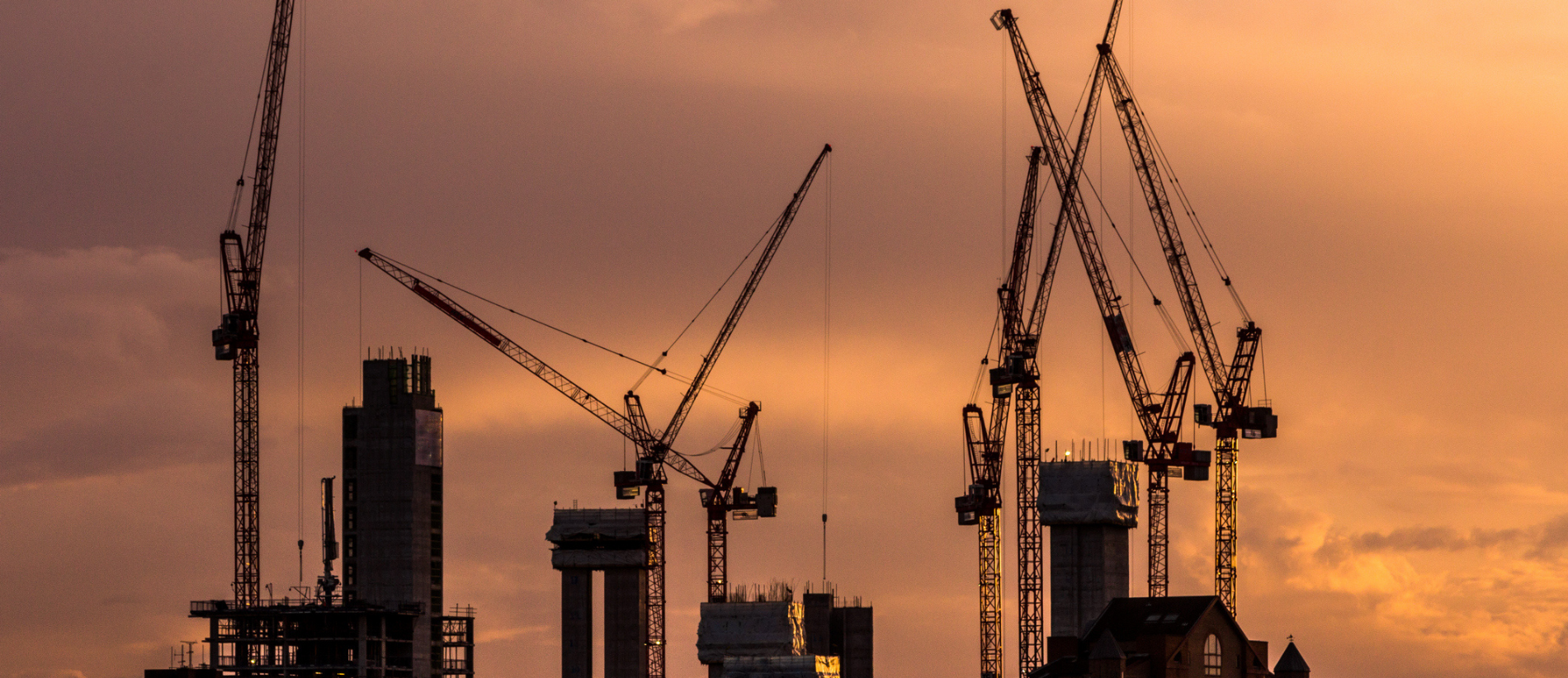Thousands of building sites in the UK are closing due to health risks from the COVID-19 outbreak, a task that involves taking a series of measures to keep the site safe during an unknown period. For construction firms this adds to a list of insurance-related issues that the pandemic is bringing up.
The UK government has stated that construction sites can remain open where the safety of workers can be ensured during the social distancing measures it has imposed, but an increasing number of construction firms are now deciding to shut down sites after construction workers voiced their concerns.
If a construction firm decides to shut down building sites, they should check the insurance policy wording (in particular the contractors' all risks (CAR) policy) to see if there are any conditions relating to vacant sites (such as a cessation of work condition/exclusion which are common on Insurer issued policy wordings).
Even if the insurance policy does not include any specific conditions or requirements relating to ‘mothballing’ of sites, consideration should be given to good risk management.
Lockton suggests particular focus on ensuring there are robust systems in place to manage:
The physical security measures and physical security protection that is in place on site;
The prevention of water escape whilst site activities are suspended. If the water system can be isolated (and drained down) at the mains that would be ideal but this may not be possible and there may be fire suppression systems that are reliant on the availability of water;
Continuing compliance with the Joint Code of Practice for the Prevention of Fire on Construction Sites;
Buildings to be made water/weather tight (depending on the stage of the build);
High value/portable plant and equipment to be removed and securely stored.
While the Coronavirus (COVID-19) situation remains very fluid and seems to evolve on a daily (or even hourly) basis, there are a number of other insurance considerations for construction projects Lockton’s Global Construction Practice would like to address.
Contractual Position
Depending on the form of contract, contractors may have contractual remedies/relief from Liquidated Damages (and possibly costs) associated with COVID-19 (e.g. under the Force Majeure clause in a contract). This will depend upon the specific drafting of the contract and further information on this can be found here (opens a new window).
Insurance Policy Response
Clearly it is essential to review the drafting of your own specific insurance policy (and to understand your legal/contractual position). However, we will run through the main insurance policies that may be in place on a project and what the insurance cover position may be in relation to COVID-19.
Construction All Risks (CAR)
Not applicable - these policies respond to reinstate damaged Contract Works and it is highly unlikely that damage to the Contract Works will have occurred.
Third Party (Public) Liability (TPL)
This provides cover for sums which the Contractor/Employer are legally liable to pay arising out of third party injury which may (depending on policy drafting) include disease. It is unclear as to whether a Contractor or Employer would have a legal liability if a third party (which could include sub-contractors) contracted COVID-19. An example of where liability might attach is if the insured knowingly allowed (or didn’t take reasonable precautions to prevent) the spread of the virus. However, the liability of the insured will ultimately be established based upon the individual circumstances of the claim by the court.
Employers Liability (EL)
This provides cover for sums which the Employer is legally liable to pay, arising out of injury which may include disease to employees (including labour only sub-contractors). Again, it is unclear as to whether a Contractor or Employer would have a legal liability if an Employee contracted COVID-19 during the course of their employment. Claims under this class are possibly more likely than under a Third Party Liability policy. It is possible, however, that Principal Contractors (and possibly Employers) could receive subrogated claims from Sub-Contractor’s EL insurers (which may fall for consideration under a Third Party Liability policy).
Professional Indemnity (PI)
In the construction environment, it seems unlikely that COVID-19 claims would fall for consideration under a Professional Indemnity policy as these policies provides coverage for the policyholders breach of a professional duty.
Delay in Start-Up/Loss of Anticipated Revenue
It is possible that where the Employer has put in place project Insurance, they may have included Delay in Start-Up/Loss of Anticipated Revenue insurance under the project policy. This insurance may include an Infectious Disease extension to provide cover for the Employer’s (rather than the Contractors) loss of rent/revenue/debt finance if Practical/Sectional Completion is delayed due to COVID-19.


